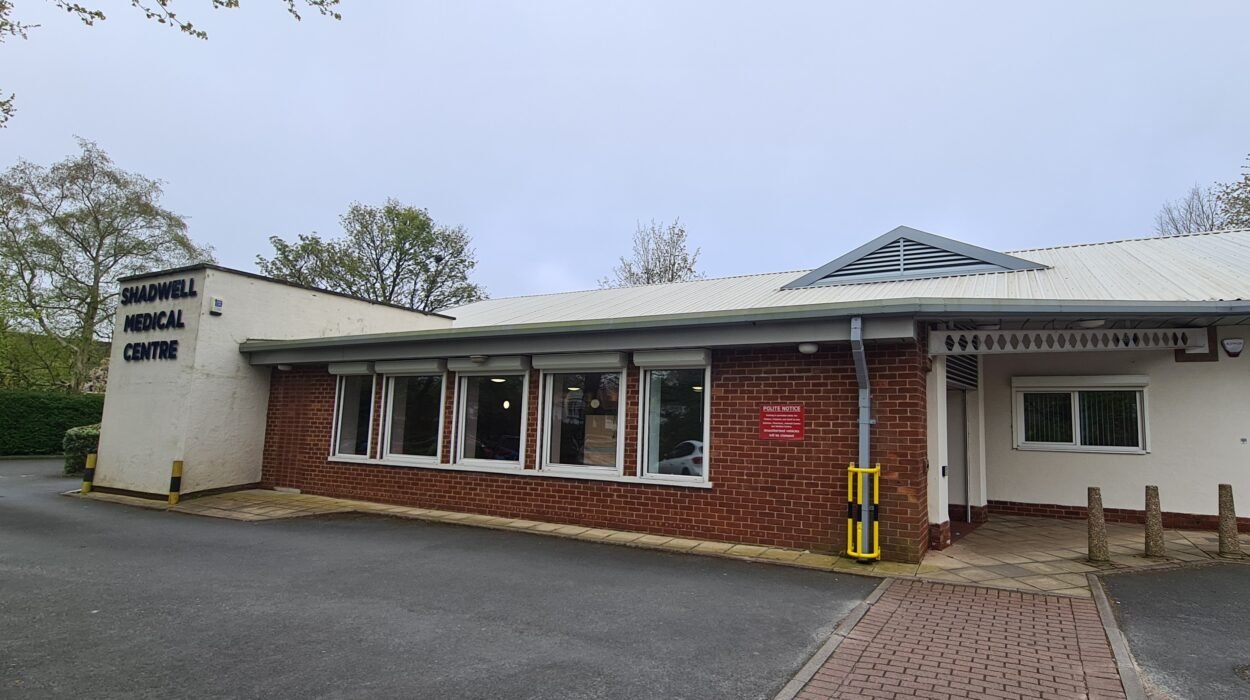When people look for healthcare, the first place they turn is Google. Whether they search “medical clinic near me” or “treatment options for [condition],” search engines have become the gateway to finding care. Yet many medical practices struggle to appear on the first page of results.
The problem isn’t the quality of care—it’s visibility. Without medical SEO, even the best clinics remain hidden online. The good news? With the right strategies, your practice can climb the rankings and consistently attract new patients.
Why Medical Websites Fail to Rank
Healthcare providers face unique challenges online. Here’s why so many medical websites underperform in search results:
1. Outdated Web Design
Many clinics have websites that are slow, difficult to navigate, or not mobile-friendly. Since most patients search from their phones, this creates poor user experience and lower rankings.
2. Weak Content
Patients want answers to health questions before booking. If your website only lists services, it won’t rank for the wide variety of searches patients use.
3. Lack of Local SEO
Most patients look for providers near their homes. Without optimizing for local searches, your clinic won’t show up in Google Maps or “near me” searches.
4. Ignoring Reviews and Reputation
Google factors in reviews when ranking healthcare providers. A lack of positive feedback can hurt both rankings and patient trust.
This is why many practices work with a medical SEO agency to address these gaps.
How SEO Fixes These Problems
SEO (Search Engine Optimization) is the process of improving visibility in search results. For healthcare providers, this means showing up when patients are actively searching for care.
With professional medical SEO services, you can:
-
Improve your local rankings in maps and directories.
-
Build authority with informative content.
-
Optimize your site for speed, security, and mobile users.
-
Manage reviews to boost trust and reputation.
Local SEO: The Key to Patient Growth
Healthcare is inherently local. Patients rarely travel far for treatment, which makes local SEO essential.
Steps include:
-
Claiming and optimizing your Google Business Profile.
-
Adding accurate Name, Address, and Phone (NAP) across directories.
-
Collecting reviews to strengthen reputation.
-
Using keywords like “medical clinic in [city].”
A skilled medical SEO consultant ensures your practice appears in the top results when patients search nearby.
Building Trust With Content
Ranking isn’t just about keywords—it’s about trust. Patients want reassurance before choosing a provider. Blogs, guides, and FAQs can help.
Examples of trust-building content include:
-
“When to See a Doctor About Persistent Symptoms.”
-
“What to Expect During a First Appointment.”
-
“Preventive Care Tips for Families.”
Educational content helps establish authority while boosting SEO for medical websites.
Technical Optimization for Medical Websites
Technical performance plays a major role in both rankings and patient experience. Google prefers websites that are:
-
Fast-loading.
-
Mobile-friendly.
-
Secure with HTTPS.
-
Easy to navigate.
A medical SEO company can identify and fix technical issues that might be holding your site back.
Reviews and Reputation: More Than Just Feedback
Reviews influence both search rankings and patient decisions. A clinic with dozens of positive reviews is more likely to be chosen than one with none.
Managing reviews is a vital part of medical SEO marketing. Encouraging patients to share positive feedback while responding professionally to all reviews builds credibility.
Why Professional Help Matters
Doctors, nurses, and staff are busy focusing on patient care. SEO requires time, expertise, and consistency—things most practices don’t have in-house.
By working with a medical SEO expert, you gain:
-
Keyword research and strategy tailored to your practice.
-
Content creation and optimization.
-
Local SEO setup and review management.
-
Ongoing tracking and reporting.
This ensures your SEO delivers measurable results.
Final Thoughts
Most medical websites fail to rank not because of poor care, but because of poor visibility. Without optimization, your practice will always lag behind competitors.
Smart medical SEO fixes this by improving local visibility, building trust through content, and ensuring your site runs flawlessly. The result? More patients, more appointments, and steady growth.
In today’s digital-first healthcare environment, SEO isn’t optional—it’s essential.

